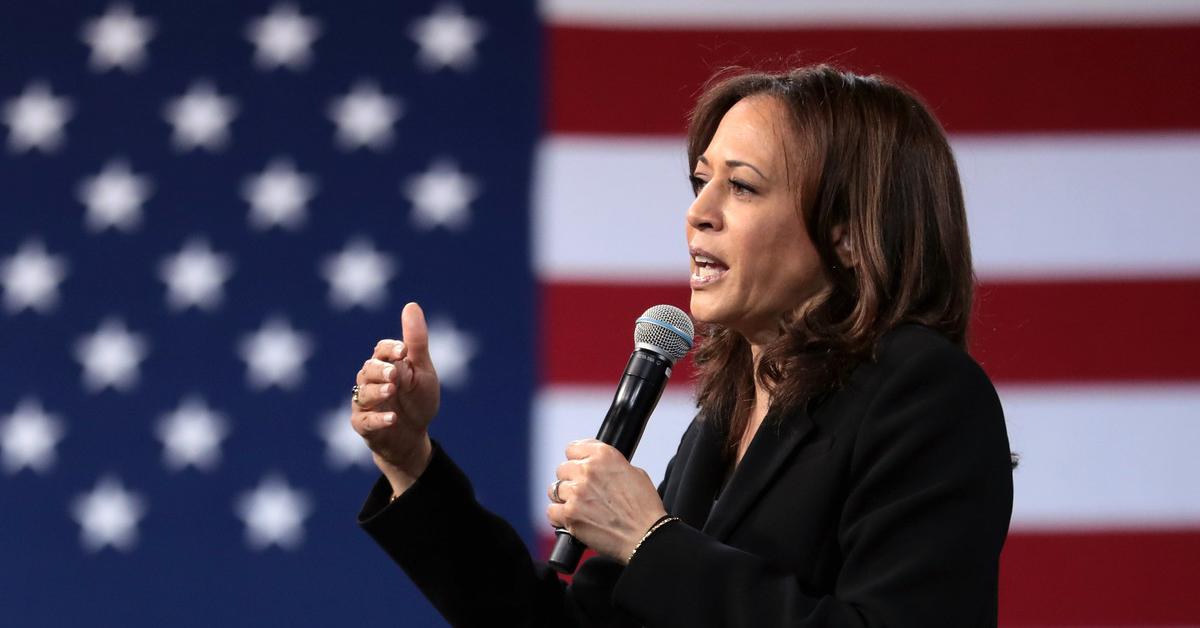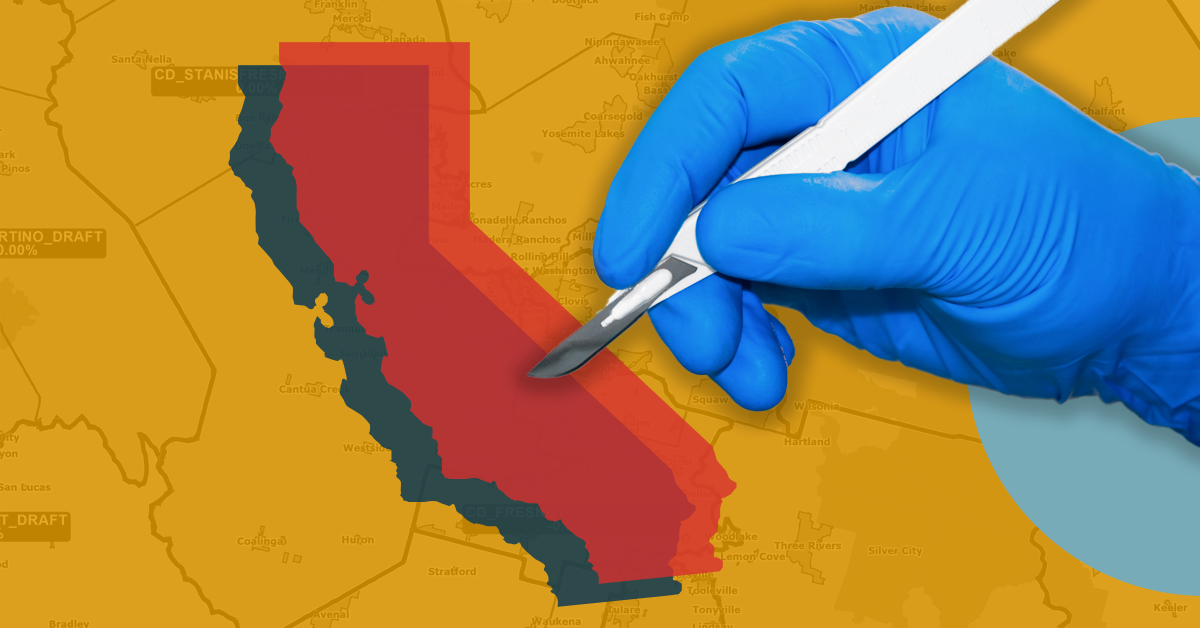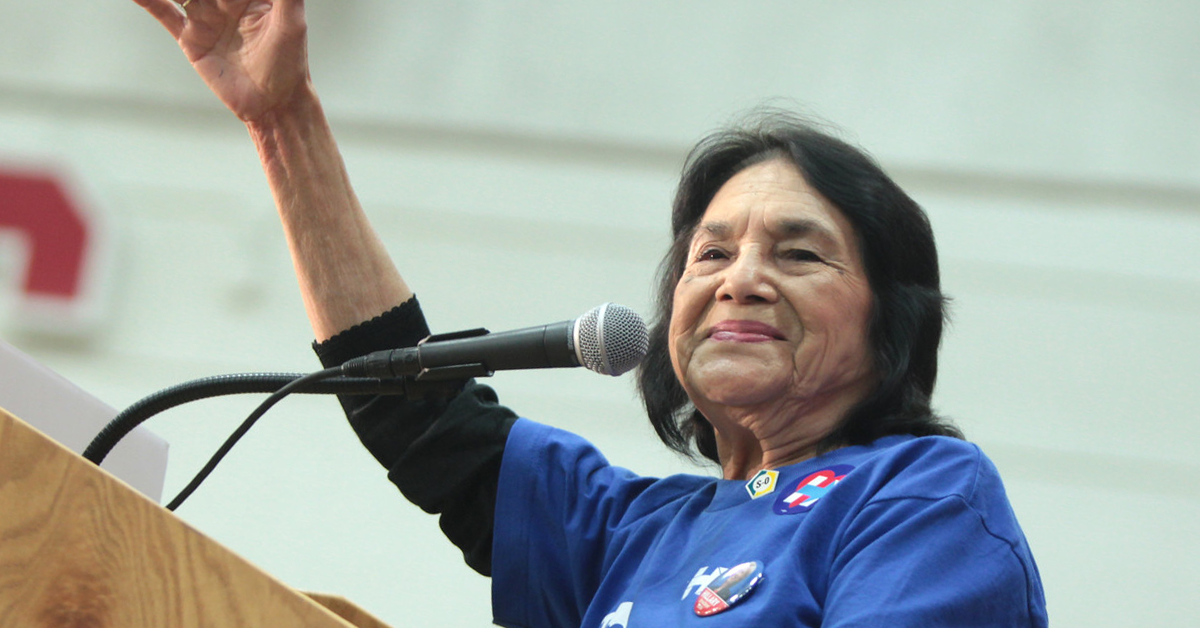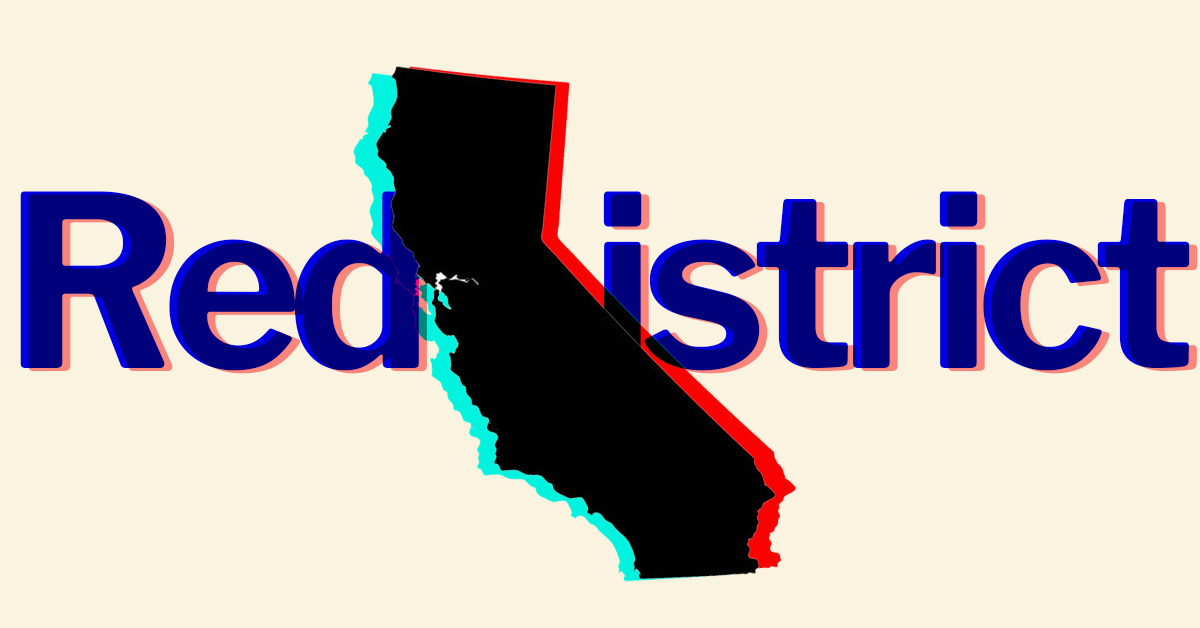While the final picture of the Valley’s Congressional and legislative boundaries won’t be known for a few weeks, it certainly hasn’t stopped preemptive doom and gloom from one side of the aisle.
As Commissioners continue to field complaints about a sweeping shake-up of the Valley floor, much of the hand-wringing from commentators and progressive advocates in recent days have centered on mismatched communities and Hail Mary efforts to radically reverse the drafts.
But underneath it all was a growing realization that the lack of local representation on the Commission hasn’t delivered progressive goals for the region.
Saturday, Lori Pesante, the government affairs chief for the Dolores Huerta Foundation, once again pleaded with Commissioners to radically reshape boundaries for Congress, State Senate, and Assembly in the San Joaquin Valley.
Her pitch was simple: split nearly all major cities in the southern San Joaquin Valley.
The ask follows similar requests made by the UFW co-founder’s nonprofit advocacy, which have centered on eschewing consultant and legal advice to create more minority-heavy districts as prescribed in the Federal Voting Rights Act and create a smaller set of highly-concentrated minority-majority districts.
The push has, at times, bordered on violating key provisions of the Voting Rights Act by engaging in so-called “race packing,” or intentionally concentrating a district with residents based strictly on racial demographics.
Telling commissioners about her experiences as a former Kern County Public Defender, featuring threats she received from Kern County Sheriff’s deputies following a trial, she argued that the San Joaquin Valley relied heavily upon “external intervention” to reach key equity goals and called on them to serve as the next iteration of intervenors.
“What you do here as a commission will make or break the ability of the 70 percent communities of color in the Central Valley – and especially Latino community that over 50 percent of every county – and our ability to thrive for the next ten years,” Pesante said.
In the two-and-a-half-minute presentation, Pesante presented one example of how the the maps went awry in their eyes: pointing to the inclusion of the Bakersfield Country Club census-designated place within the Voting Rights Act districts for Congress, State Senate, and Assembly.
She pointed to how residents within Bakersfield Country Club regularly see Sheriff’s deputies patrol their neighborhood. Meanwhile, she said, a friend of hers who resided two-tenths of a mile away hadn’t seen a patrol car in 12 years.
The one time she did, she was dating a Sheriff’s deputy more than a decade ago, Pesante said.
“So let’s be very clear who’s being exploited in the Central Valley and who has all the power,” she added. “We cannot keep Bakersfield whole. We cannot keep Visalia whole. We cannot keep Hanford whole. Please look at our splits and recognize that it’s a matter of life or death.”
Much of the displeasure, as noted in media musings on the process along the Valley floor, centers on the fact that the San Joaquin Valley largely has no representation on the 14-person commission.
Two representatives, Trena Turner and Neal Fornaciari, reside within the confines of San Joaquin County.
Turner, a Democrat, is a resident of Stockton and Fornaciari, a Republican, is a resident of Tracy.
Last summer, as the Commission sought to select its 14-person membership, one central San Joaquin Valley resident – Clovis resident Richard Gallegos – sought a seat.
His candidacy was intriguing, to say the least.
Raised in the Imperial Valley before relocating to the San Joaquin Valley to become a Fresno County Sheriff’s Deputy and Detective, Gallegos would have been the lone Latino Republican on the panel if he had been selected.
As the Commission whittled down to finalists, a cacophony of Fresno-anchored progressive advocacy groups blitzed his candidacy with a letter that attempted to brand him as racist with loose allegations centered around civil cases against the Fresno County Sheriff’s Office for which he was mentioned in passing.
They also claimed that him being a Clovis resident was a disqualifying factor.
The California Redistricting Commission is taking continued public comment on its draft maps on Tuesday before breaking for Thanksgiving.









